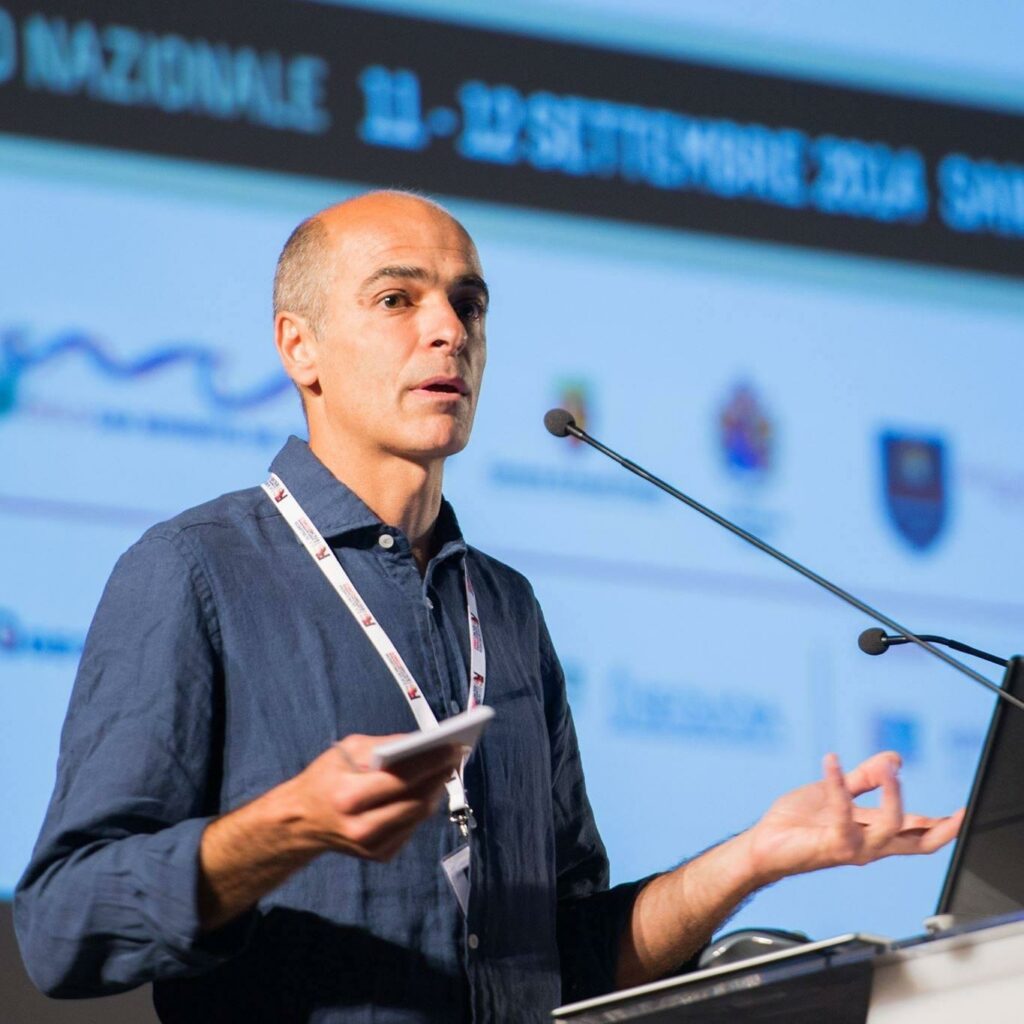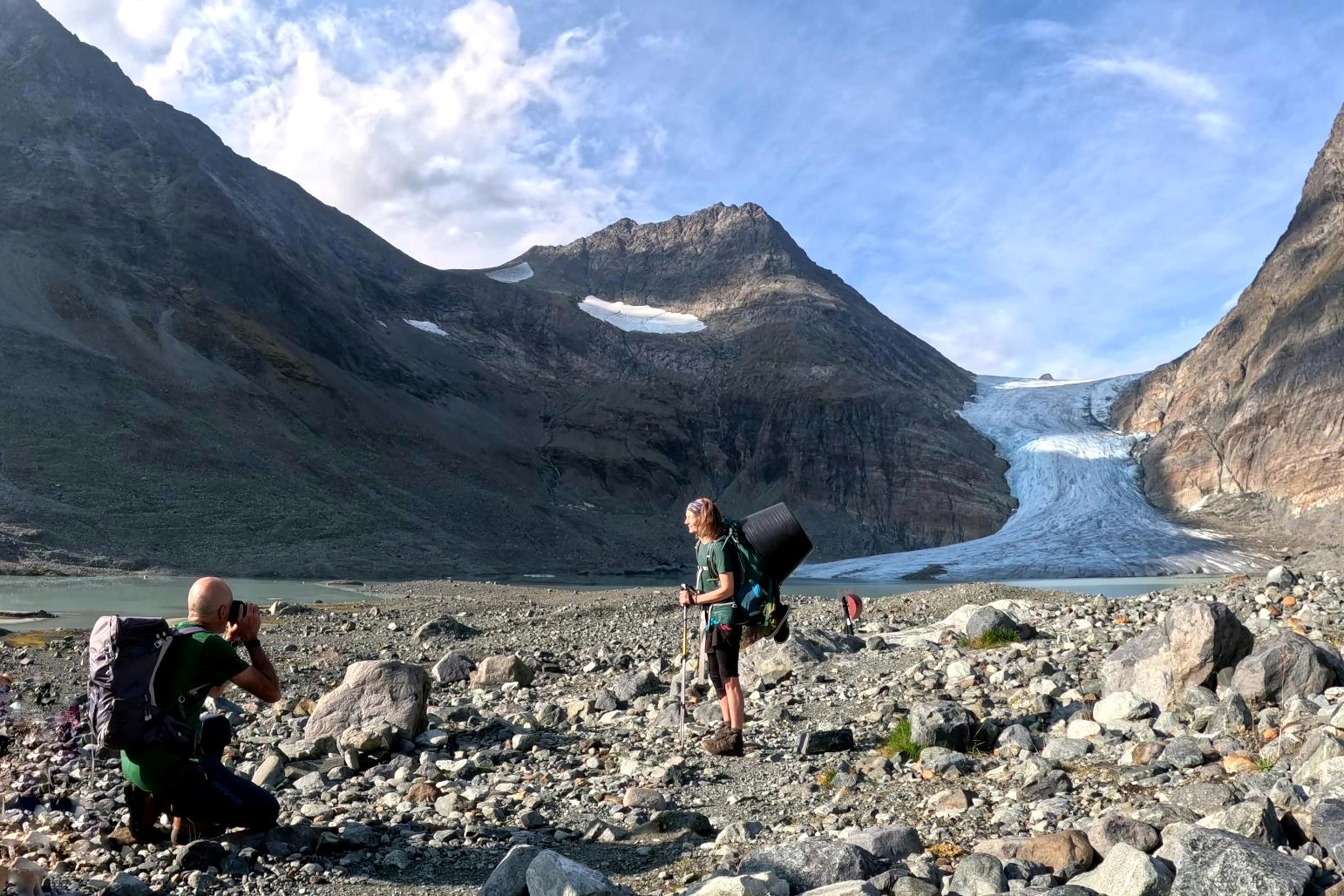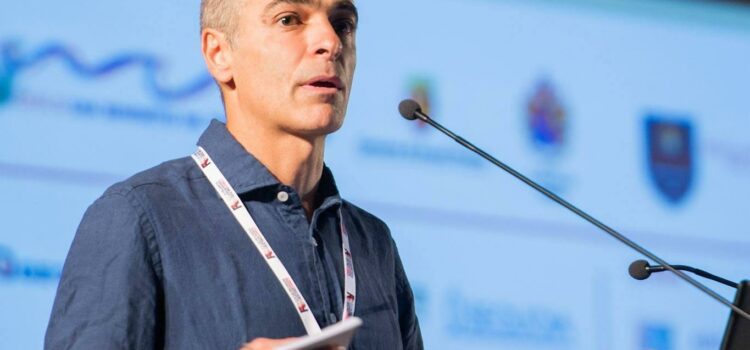
Round 1
Jacopo Pasotti
Nationality
Italian
Career-level
Established
Host institution
Centre for ice, Cryosphere, Carbon and Climate (iC3)
Norway
Residency project
My work as an environmental and science journalist and photographer has focused on the polar regions for more than two decades. My objective is to deepen and broaden my understanding of polar science and climate change research by spending 3 months embedded with the Centre for ice, Cryosphere, Carbon and Climate (iC3) located in Tromso, the capital of Arctic Norway.
Why iC3?
iC3’s research focuses on the carbon cycle in polar regions, and how that affects oceans and the global climate. The complexity of the carbon cycle is often misrepresented or bypassed in the media because it is so hard to grasp and condense in journalism, but is key to any informed discourse on carbon budgets and climate change mitigation. This is an issue that I am extremely keen to learn more about, and that I will subsequently report on in a feature article.
iC3 brings together over 40 scientists to produce ground-breaking insights into how the links between ice sheets, carbon cycles and ocean ecosystems are impacting life on earth. iC3’s international research team is multidisciplinary, including glaciologists, biologists, chemists, geologists, ecologists and oceanographers. I will be provided with office space within iC3’s building, giving me daily access to a large number of scientists and a very broad range of expertise. In addition, iC3 is housed on the campus of the university with the world’s highest volume of Arctic-related research output. iC3’s partner, the Norwegian Polar Institute, is located just across town. Being located within iC3’s offices in Tromso will allow me to tap into an unrivalled pool of scientific expertise on the polar regions and generate a large number of story leads, while greatly extending my network of contacts within the carbon, cryosphere and climate research communities.
My plan involves combining in-depth learning about the polar system (ecological, physical, geophysical, environmental, natural resources), interviewing experts, attending seminars and workshops, and documenting field work. Below I outline a tentative program that has been developed in consultation with iC3 staff. However, as a substantial part of the work as a journalist and photographer will involve spending time with scientists while doing research in the laboratory and in the field, the plan may be adjusted in line with logistical requirements and iC3 researchers’ work schedules.

I decided to apply to FRONTIERS because I thought it was a good time to deepen my knowledge of the polar regions and how they behave in a changing environment.
I expect to learn more about the carbon cycle and the environment in the polar regions in general: what is happening here and how society is reacting to all the changes we are experiencing in this time.
